tukde tukde Gang: Real threat to India
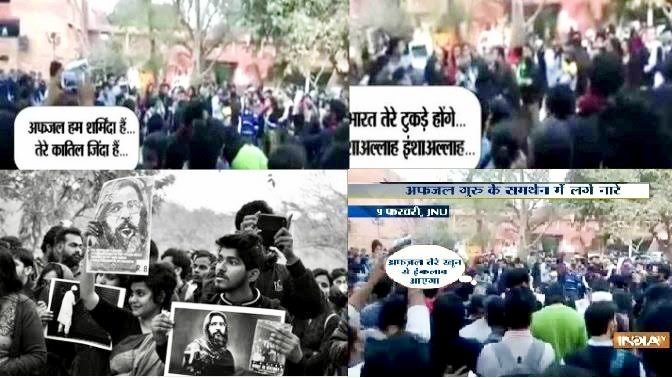

“Tukde Tukde” gang is those people who chant the slogan “Bharat tere tukde honge Inshallah”, criticize Indian forces for their operation against Maoists & terrorist, chant slogans against hanging of terrorists and celebrate the killing of Indian forces in Naxal belts. The “Tukde Tukde” gang got its name from that 2015 JNU incident.
It is a group of so called secular, liberal and hard working student who have dream in their eyes to break India into many parts. This Group supported by parties like AAP, INC are supporting them blindly from their point of view they are innocents, students, minorities and police is harassing them. The Tukre-Tukre gang of the Jawaharlal Nehru University funded by parties like AAP, INC
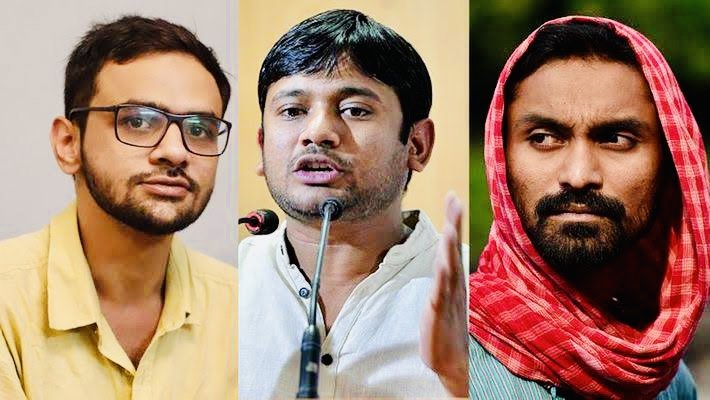
Kanhaiya Kumar and “some” JNU professors and students who shouts “Bharath tere tukde honge, Inshallah”
Some journalists also who leaked top secret information of Indian army on the day Pathankot terror attack during which it allegedly reveal ‘strategic information’.
This Ideology is clear threat to India. Terrorist Afzal Guru was hanged by Indian Judiciary when he exhausted his all legal option. But saying that “har ghar se afzal niklega” (there would be a Afzal Guru from every house) in Delhi must not be encouraged. How can a bunch of so called students/activists celebrate the death of 74 Indian jawans who died in 2010 ambush in Denatewara.
According to Wikipedia Tukde Tukde gang is a pejorative political catchphrase used in India by the ruling Bhartiya Janata Party and its sympathizer’s accusing their critics for allegedly supporting sedition and secessionism.
In the 2016 Jawaharlal Nehru University (JNU) sedition case, just a few days after the Delhi Police filed its 1200-page chargesheet, India TV has accessed video from the chargesheet which proves that anti-national slogans were indeed being chanted at the occasion.
Video has damning evidence of the accused individuals shouting anti-India slogans. Around 50 people, including Umar Khalid, could be seen protesting against the death sentence handed to Afzal Guru, 2001 Parliament attack culprit.
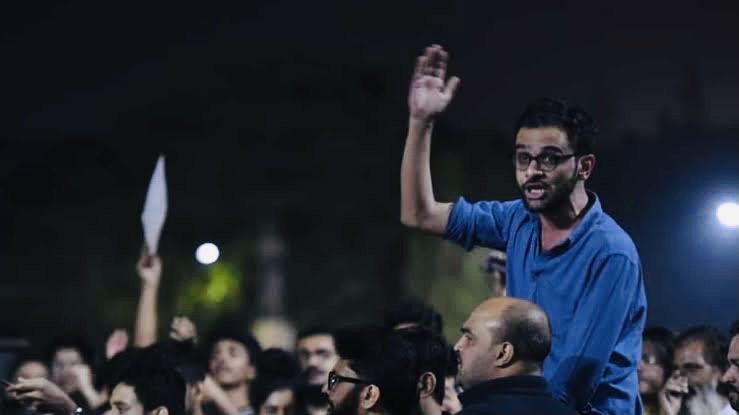
Police also charged former JNU students Umar Khalid and Anirban Bhattacharya for allegedly shouting anti-India slogans during the event to mark the hanging of Parliament attack mastermind Afzal Guru.
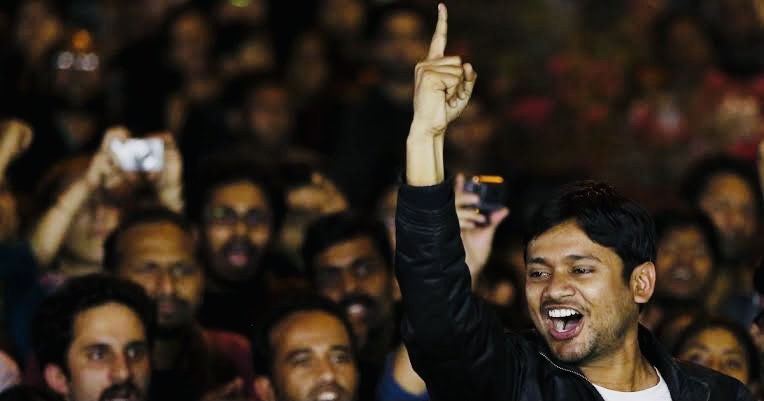
On 12 February, Delhi Police arrested Kanhaiya Kumar, the JNU Students Union president and a leader of All India Students Federation (AISF). Police slapped sedition charges on him for what they called his involvement in organizing the Afzal Guru event. Umar and his friend and research scholar of JNU, Anirban Bhattacharya, who absconded on 10 February, surrendered to the police on 23 February.
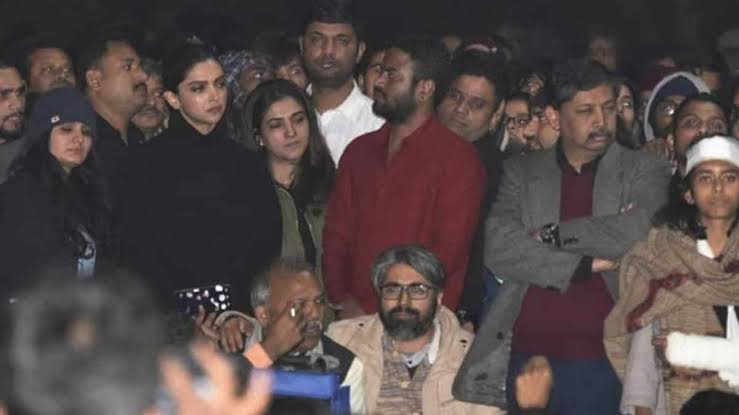
Union Minister Smriti Irani criticized Padukone for going to Delhi’s Jawaharlal Nehru University and showing solidarity to protesting students who were attacked by a masked mob on January 5 inside their campus.
“Anybody who has read the news knew where they were going to stand, knew she was going to stand with people who wanted the destruction of India. Knew that she was standing with people who celebrate every time a CRPF jawan is killed,” said Irani, Union Minister of Textiles and Women and Child Development.
She added, “They hit girls on their private parts with lathis. She stood next to them, that is her right. I can’t deny her that right.”
“I would rather know where she stands. She stood there. It’s okay, stand next to people who say bharat tere tukde honge,” the minister said taking a sarcastic jibe at the actor. Irani was speaking at an event organised by The New Indian Express. Recently Deepika Padukone is getting highlighted in news for consuming drugs after release of her chat in which she asked for drugs.
DISCLAIMER: The author is solely responsible for the views expressed in this article. The author carries the responsibility for citing and/or licensing of images utilized within the text.
